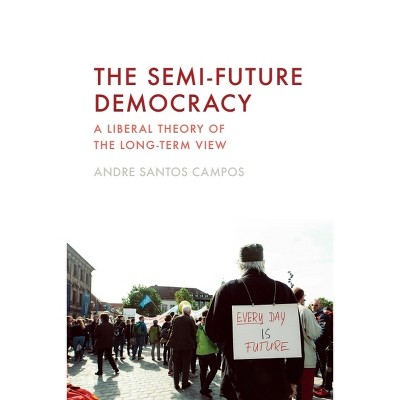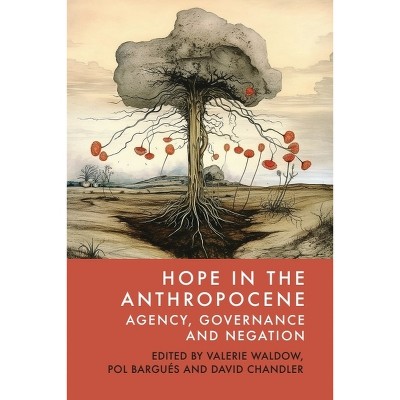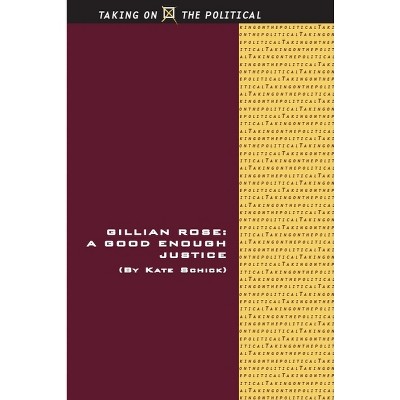About this item
Highlights
- How can those profiting from inequality, racism, human rights violations and climate change respond to their complicity in injustice and violence?
- Author(s): Gisli Vogler
- 200 Pages
- Political Science, History & Theory
Description
About the Book
Theorises how people can judge and respond to their complicity in injustice and violence.Book Synopsis
How can those profiting from inequality, racism, human rights violations and climate change respond to their complicity in injustice and violence? In this book, Gisli Vogler argues that we need an improved conception of judging complicity under conditions of both plurality and inescapable social conditioning.
Bringing Hannah Arendt's account of political judgement into dialogue with Margaret Archer's theory of social conditioning, Vogler formulates a new framework - what he terms an 'ethos of reality' - for understanding how people may judge and respond to their entanglement in injustice and violence. Such a theoretical argument is tested through a case study on the complicity of consumers in the plastic pollution caused by the food and drink industries. Additionally, Vogler analyses the interviews and writings of Nobel Laureate Herta Müller, whose lived experience of the Romanian dictatorship constitutes an example of good judgement on complicity. This book persuasively demonstrates the potential for an 'ethos of reality' to contribute to key contemporary debates on complicity and moral responsibility.
Review Quotes
Vogler's book is an exemplar of sociologically sober and theoretically sophisticated reflection on the challenges of political judgment. It provides us with a much-needed compass for navigating the perilous terrain of complicity with injustice - a must read for anyone interested in developing a robust ethos of political responsibility.
--Mihaela Mihai, University of Edinburgh











